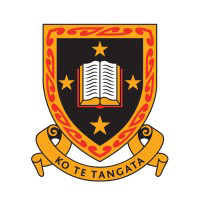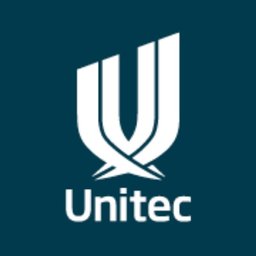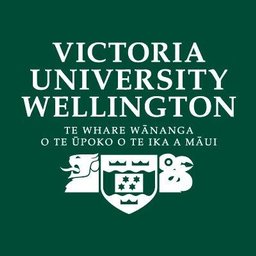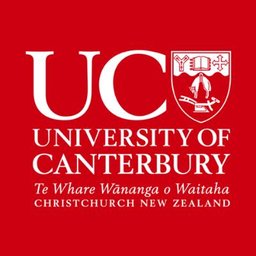Summer student: Exotic species media analyst
Based in Christchurch
Approximate dates: 1 December 2025 - 20 February 2026
As part of the Government's reset of the science, innovation and technology system, on 1 July 2025, AgResearch, Manaaki Whenua - Landcare Research, Plant & Food Research, and Scion merged to form the New Zealand Institute for Bioeconomy Science, trading as the Bioeconomy Science Institute.This merger has created a world-class research organisation of globally significant size and scale, with over 2,000 employees — including scientists, researchers, and support staff. It brings together fundamental science knowledge and expertise in the natural resources that underpin the bioeconomy and the native estate, alongside applied research capabilities in manufacturing, agritech and biotech, and the food and fibre sectors.Our people drive innovation and commercial outcomes in the bioeconomy, using research and technology to support enduring economic growth and resilience, a healthy environment, and positive social outcomes for Aotearoa New Zealand.This position sits under the current Scion group of the Bioeconomy Science Institute, with co-mentoring from AgResearch.
Scion specialises in research, science and technology development for the forestry industry, wood products and wood-derived materials. We lead new technology development for renewables, bioproducts and energy and the establishment of a broader-based circular bioeconomy.
Scion hosts a number of summer students, each with differing specialities, from tertiary institutes across New Zealand at both our Rotorua and Lincoln Campus. The programme involves a student completing a 12-week, full-time, research project under the direction of Scion and AgResearch supervisors (allowing time for holidays over the Christmas and New Year). Students are able to gain hands on, paid, work experience in the field of which they are studying, where they get to work shoulder to shoulder with internationally recognised staff.
We are seeking a motivated student to work on Media Analysis of Exotic Moth Incursions
The primary objective of the work/project:
The aim of this project is to develop insights on the cycle of media attention to exotic and often invasive moth incursions, the key narratives within media, communication channels and media frames used to represent moth incursions and their biosecurity response.
This project will link the successful candidate to the newly created BSI and work with leading biosecurity researchers in social and biological sciences. The student internship will support the development and application of media analysis to improve public engagement for future exotic moth incursions.
Research Abstract
An opportunity exists for a student of bioeconomy industries to contribute into a research case study supporting Better Biosecurity (B3), focussing on preparedness for exotic moth incursions. This will support Aotearoa New Zealand 'biosecurity over the horizon' initiatives. The project is a communication and engagement project developing skills in analysis of mis-and-dis-information for the leading discussions in mainstream and social media. The student will have a background in one of the following Bachelor of Science, Forestry/Agricultural/Environmental Science, Communication / Media Studies with interest in developing their communication and engagement skills and analysis of mainstream and social media for improved environmental and bioeconomy protection outcomes. The case study will apply the social amplification of risk framework to analysis media channels narratives and framing of risk.
What the student will do
The successful candidate will conduct a media analysis of articles from 2-3 exotic moth incursions under guidance with timelines established to coincide with historical moth incursions. This entails applying a media analysis methodology (developed with the research leads), including gathering and cataloguing media content, analysing content, mapping sources and pathways with the help of AI and producing a summary of findings. The findings will increase capacity to examine media and engage with scientific and other content related to media representations of forestry and agricultural biosecurity risks and how they are managed. Additional skills and tools for analysing social media will be gained from the wider project to assist in understanding amplification and attenuation of biosecurity risk.
During the 12-week program the student will be provided with mentoring and networking opportunities within Scion and AgResearch Groups, along with other successful students
Qualifications, skills and attributes needed:
Preferred skills in qualitative/content analysis, science communication, ethics and social analysis, data entry management. Excel, working with R or other mathematical programs.
Interest in environmental risk and public engagement is an advantage.
Application Close Date: 12 September 2025





